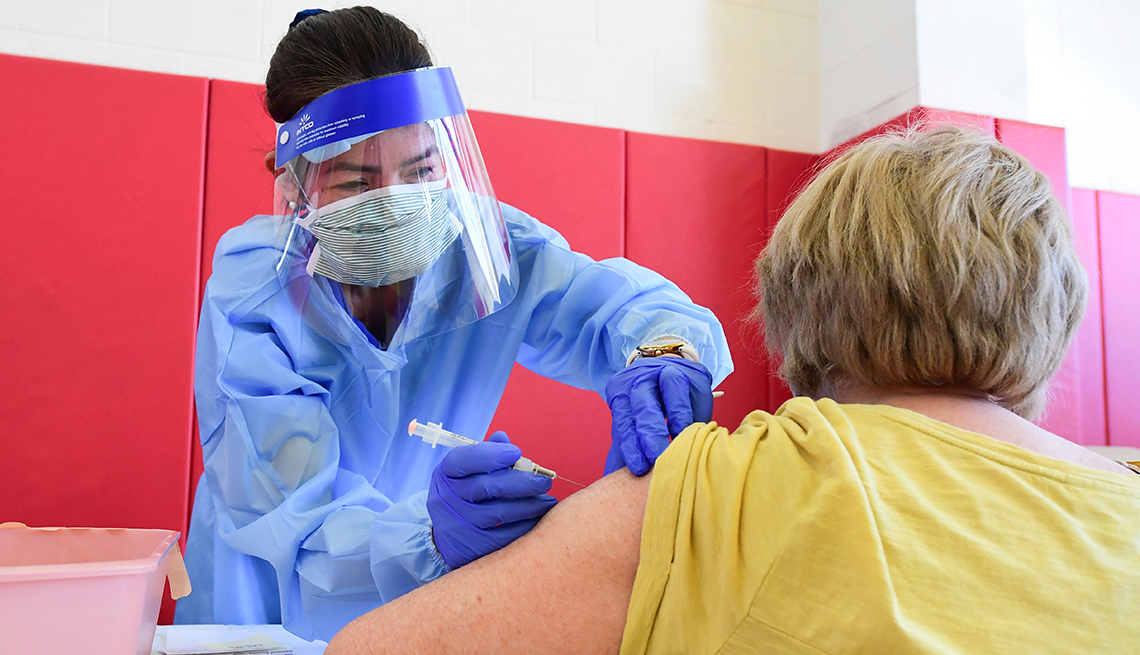
What workers need to know about vaccine mandates
- Select a language for the TTS:
- UK English Female
- UK English Male
- US English Female
- US English Male
- Australian Female
- Australian Male
- Language selected: (auto detect) - EN
Play all audios:

It should be pointed out that many state and local governments currently are seeking to enact policies that in various ways could affect what employers in their jurisdiction are permitted to
do with vaccine mandates. For example, in May, Montana passed a law that bars employers from issuing vaccine mandates or even asking a worker whether he or she has received the shots.
It's unclear whether these new laws would survive court challenges, which so far have upheld vaccine mandates as legal. And while OSHA has suspended its guidelines for private
employers, the White House did still assert that its requirements would preempt all state and local laws about COVID-19 vaccines should its vaccine-or-testing mandate withstand court
challenges YOU COULD GET FIRED IF YOU DON'T COMPLY WITH THE VACCINATION/TESTING POLICY. The choice of whether to get vaccinated for COVID-19 can be a deeply personal decision, and
employers take that into consideration when they set the policy for their workplace. “Every organization knows there will be people who don't want to get vaccinated or — even if they
agree with vaccination — don't like it being mandated,” Warrell says. Even so, once a company establishes a vaccination policy, workers generally either have to comply or risk losing
their jobs, unless they qualify for a medical or religious exemption. In one high-profile example, CNN recently fired three unvaccinated employees who allegedly were violating the
company's vaccination policy by coming into the office. While the law on vaccinations and unemployment benefits is still taking shape, legal experts say if you lost your job because you
were unwilling to comply with your employer's policy, you likely wouldn't be able to collect unemployment benefits. "That's an open issue, and it's going to be
determined on a state-by-state basis,” Rosenlieb says. “But the general feeling is that if [being unvaccinated] is a matter of personal decision as opposed to an actual medical condition
that's preventing you from getting the shots, then you run a very serious risk of being without a job and without unemployment benefits." Adds Seltzer Torre: “The employee, by not
being vaccinated, would be violating a company policy, and could absolutely be terminated for that reason and that would be considered the kind of misconduct that would disqualify the person
from unemployment benefits." Several states recently have taken action to clarify whether workers who lose their jobs because they refuse to get vaccinated are eligible for
unemployment benefits. Arkansas, Florida, Iowa, Kansas, and Tennessee have all passed laws that allow workers who are fired for refusing COVID-19 vaccine mandates to collect unemployment
benefits. _Kenneth Terrell covers employment, age discrimination, work and jobs, careers, and the federal government for AARP. He previously worked for the Education Writers Association and
_U.S. News & World Report_, where he reported on government and politics, business, education, science and technology, and lifestyle news._
